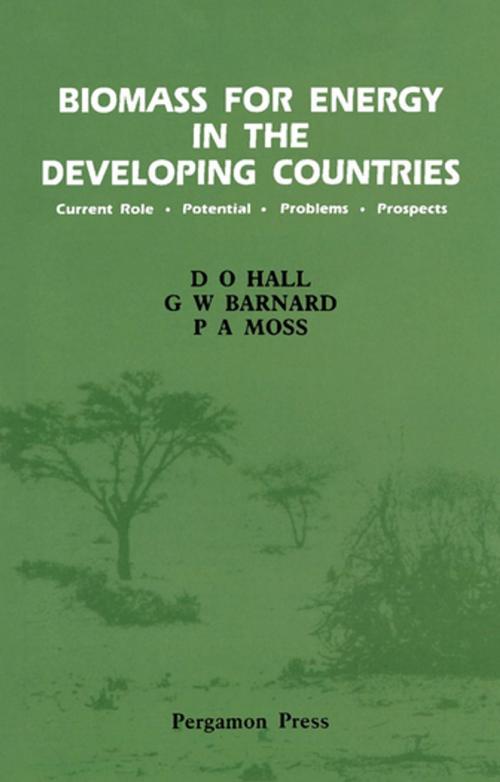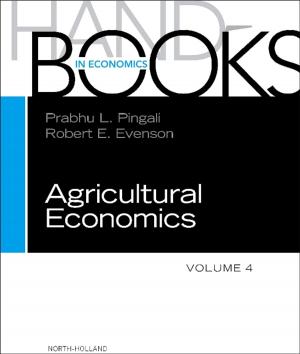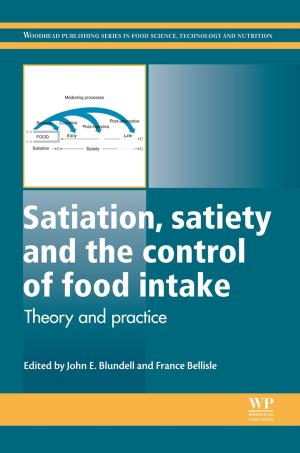Biomass for Energy in the Developing Countries
Current Role, Potential, Problems, Prospects
Business & Finance, Finance & Investing, Real Estate| Author: | D. O. Hall, G. W. Barnard, P. A. Moss | ISBN: | 9781483138626 |
| Publisher: | Elsevier Science | Publication: | October 22, 2013 |
| Imprint: | Pergamon | Language: | English |
| Author: | D. O. Hall, G. W. Barnard, P. A. Moss |
| ISBN: | 9781483138626 |
| Publisher: | Elsevier Science |
| Publication: | October 22, 2013 |
| Imprint: | Pergamon |
| Language: | English |
Biomass for Energy in the Developing Countries: Current Role, Potential, Problems, Prospects focuses on biomass energy and its importance to developing countries. This book outlines the reality that supply can no longer meet the demand of this form of energy. This fact is particularly observed in the rising price of oil, which is a prime source of energy for developing countries. Relative to this, a need to look for indigenous energy sources is urgent to sustain development in these countries.
This book emphasizes that biomass energy utilization differs among developing countries, which shows the variance in energy needs. This text also notes that the pattern of biomass energy use in such countries is related to agriculture and also has cultural, economic, and social linkages. Biomass energy is also considered an important aspect in rural development and as a replacement for petroleum products. With the impending shortage of biomass energy, schemes are now being developed to sustain the use of this energy in household and industry settings, which is emphasized in the development of equipment considered energy efficient.
People who are concerned with the development and implementation of programs aimed at conserving biomass energy and in the search of alternative energy can use this book as a reference.
Biomass for Energy in the Developing Countries: Current Role, Potential, Problems, Prospects focuses on biomass energy and its importance to developing countries. This book outlines the reality that supply can no longer meet the demand of this form of energy. This fact is particularly observed in the rising price of oil, which is a prime source of energy for developing countries. Relative to this, a need to look for indigenous energy sources is urgent to sustain development in these countries.
This book emphasizes that biomass energy utilization differs among developing countries, which shows the variance in energy needs. This text also notes that the pattern of biomass energy use in such countries is related to agriculture and also has cultural, economic, and social linkages. Biomass energy is also considered an important aspect in rural development and as a replacement for petroleum products. With the impending shortage of biomass energy, schemes are now being developed to sustain the use of this energy in household and industry settings, which is emphasized in the development of equipment considered energy efficient.
People who are concerned with the development and implementation of programs aimed at conserving biomass energy and in the search of alternative energy can use this book as a reference.















